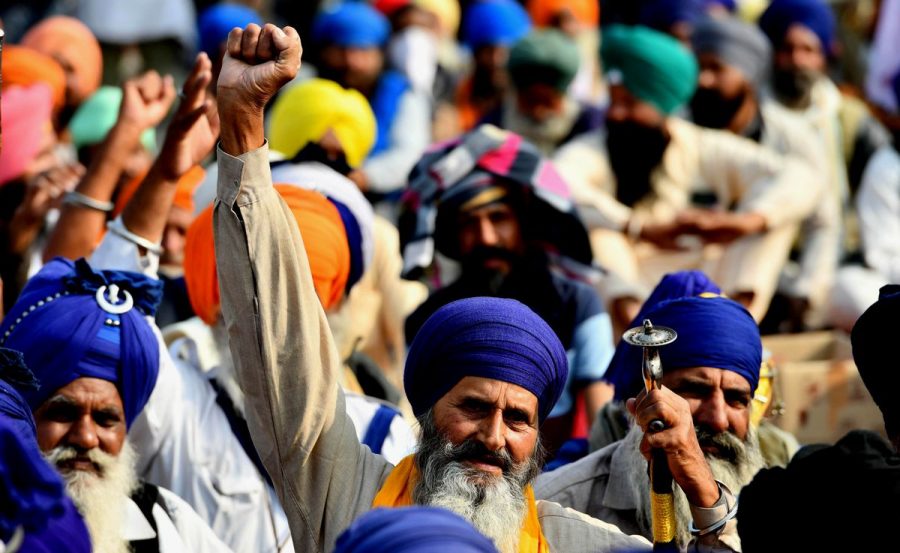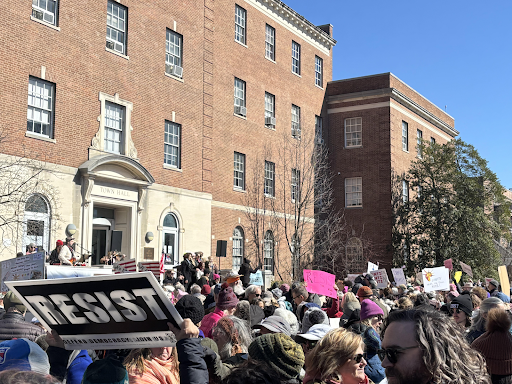Indian Farmers Protest New Agricultural Laws in Delhi
Thousands of farmers have marched to Delhi, the capital of India, where they are angrily protesting new agricultural laws implemented by the Indian government, headed by Prime Minister Narendra Modi. The laws were passed in September and were intended to provide farmers with more independence to determine their own prices and sell directly to private businesses; this decision, however, was met with severe opposition. Infuriated farmers have claimed the new rules will only allow large corporations to exploit agricultural workers, leaving farmers, who account for more than half of India’s 480 million-strong workforce, to suffer the consequences. Farmers have arrived by tractor and on foot from the nearby states of Punjab, Haryana, and Uttar Pradesh, blocking roads and assembling makeshift camps according to protest leaders. Police attempted to block protestors from entering the capital, but when individuals began to pelt officers with stones and damage public property, Manoj Yadav, a senior police official from Haryana, explained their response of firing tear gas and water cannons.
The growing rebellion, whose objective is to push for agricultural deregulation, has rattled Modi’s administration. Last Sunday, the lieutenants of the minister told the farmers they were willing to compromise under certain conditions. The Modi administration affirmed it would only communicate with farmers if they agreed to discontinue blocking highways and move to a fairground on the outskirts of New Delhi. In response, the farmers declined the proposal and only agreed to move if negotiations formally began. They have been digging in, resupplying themselves with food, fuel, and medical supplies to stay put for weeks. Resistant to changing their position, farmers’ rights activist Ramandeep Singh Mann explained that “now [they] have leverage” and “if [they] go to those fairgrounds, [they] will lose it”. Ever since these laws were implemented, farmers have claimed they serve as an attack on their identity, altering the fundamental methods they have been using for generations.
Farmers have gained the approval of several economists and agricultural experts, who support their demand for a minimum assured price for their crops. “There is no evidence in the world where the market price has benefited farmers,” said Devinder Sharma, an independent agricultural expert and author based in the northern city of Chandigarh. Although several farmers’ unions have been demonstrating in Punjab for the past two months, they said they were organizing the march to Delhi to force the government’s hand. The unions aim to repeal the laws, which they claim are ‘anti-farmer’ and ‘pro-corporate interests’. Conversely, some members of Modi’s political party, the Bharatiya Janata Party, and their allies in right-wing news channels have branded the protesting farmers as ‘anti-national’, a frequently-used swipe at anyone who criticizes the Modi government. Until the Modi administration meets the demands of the protestors, the farmers are determined to resist the unwanted and complete transformation of their agricultural sectors.

Anushka Elavia is currently a senior at West Morris Mendham High School - Class of 2023. In school, she is a Class Officer for Amnesty International/ UNICEF...








